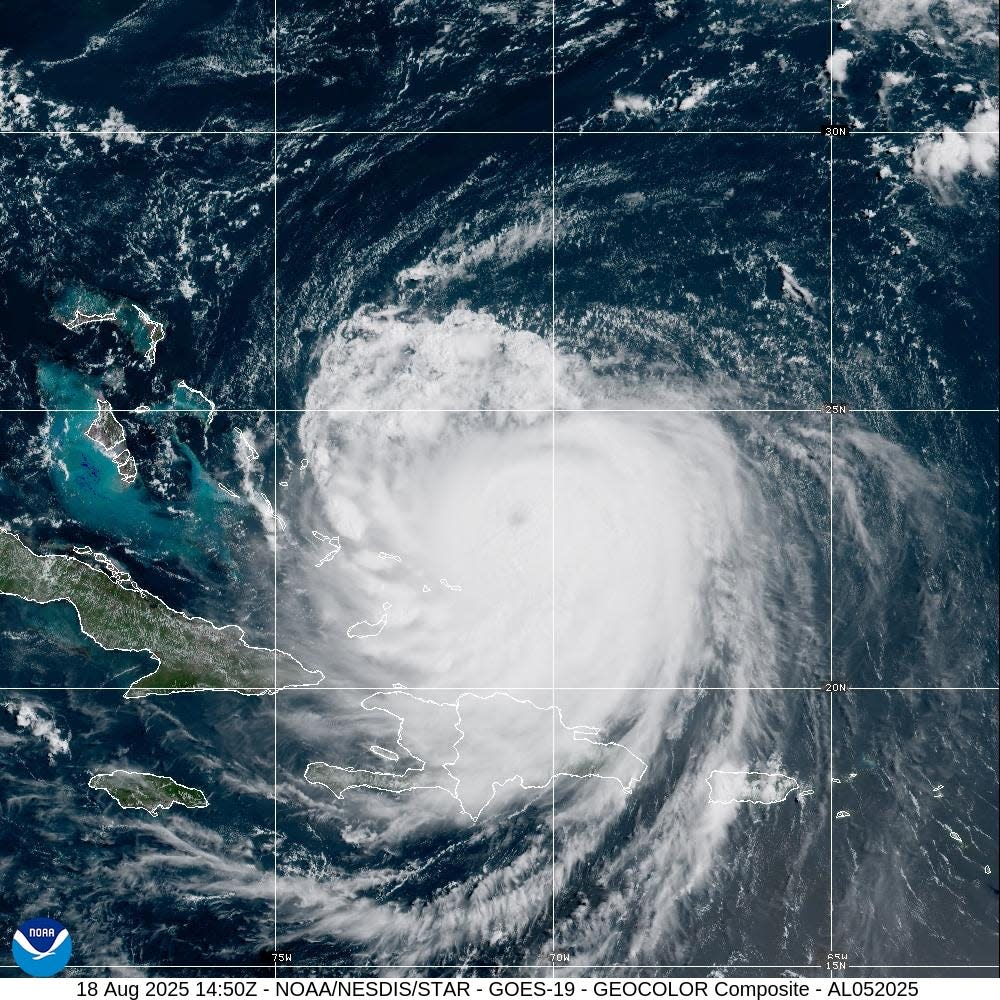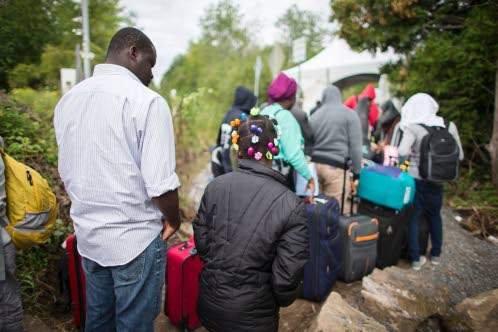Dear Mr Brown,
I recently saw a headline about a new treaty regarding migration. I wonder how that will affect Canadian immigration policy — JSH
Dear JSH:
The majority of United Nation (UN) states adopted a global pact to better handle migrant flows. In July all 193 UN members, except the United States, finalised the Global Compact for Safe, Orderly and Regular Migration (GCM) to better handle migration.
The compact sets out 23 objectives. Each objective focuses on an aspect of migration, which can be regarded as an indicator or best practice, that will lead to better cooperation toward common goals in the international community.
The pact is not a treaty; participating states are not expected to implement each action. The GCM emphasises State sovereignty as a guiding principle, and that it is a State’s sovereign right to control its own borders.
The objectives for safe, orderly and regular migration include:
1. Collect and utilise accurate and disaggregated data as a basis for evidence-based policies.
2. Minimise the adverse drivers and structural factors that compel people to leave their country of origin.
3. Provide accurate and timely information at all stages of migration.
4. Ensure that all migrants have proof of legal identity and adequate documentation.
5. Enhance availability and flexibility of pathways for regular migration.
6. Facilitate fair and ethical recruitment, and safeguard conditions that ensure decent work.
7. Address and reduce vulnerabilities in migration.
8. Save lives and establish coordinated international efforts on missing migrants.
9. Strengthen the transnational response to smuggling of migrants.
10. Prevent, combat and eradicate trafficking in persons in the context of international migration.
11. Manage borders in an integrated, secure, and coordinated manner.
12. Strengthen certainty and predictability in migration procedures for appropriate screening, assessment, and referral.
13. Use migration detention only as a measure of last resort, and work towards alternatives.
14. Enhance consular protection, assistance and cooperation throughout the migration cycle.
15. Provide access to basic services for migrants.
16. Empower migrants and societies to realise full inclusion and social cohesion.
17. Eliminate all forms of discrimination and promote evidence-based public discourse to shape perceptions of migration.
18. Invest in skills development and facilitate mutual recognition of skills, qualifications and competences.
19. Create conditions for migrants and diasporas to fully contribute to sustainable development in all countries.
20. Promote faster, safer and cheaper transfer of remittances, and foster financial inclusion of migrants.
21. Cooperate in facilitating safe and dignified return and readmission, as well as sustainable reintegration.
22. Establish mechanisms for the portability of social security entitlements and earned benefits.
23. Strengthen international cooperation and global partnerships for safe, orderly and regular migration.
Canada adopted this agreement. Canadian Immigration Minister Ahmed Hussen said the compact serves as a useful framework for source, destination and transit countries for migration, and stressed it is not legally binding on the nations that sign it. The compact is a framework for cooperation and aims to reduce illegal migration, help integrate migrants, and return them to their home countries.
UN Secretary General Antonio Guterres, addressing the conference, stated that the compact is a roadmap to prevent suffering, as more than 60,000 migrants have died through migration since 2000.
According to the United Nations, there are currently about 258 million people on the move. Of this number, 68.5 million are forcibly displaced people — including refugees and asylum-seekers — who are forced to flee their homes in search of new ones due to violence, discrimination and war.
The GCM acknowledges the serious challenges that irregular migration poses, while emphasising the positive contributions of migrants and the benefits of regular pathways and well-managed migration systems.
Critics
Fewer governments joined the pact than expected, in light of the number of countries that worked on the proposal. Several European Union members have cited concerns regarding a potential increase in immigration from African and Arab countries. The United States, Bulgaria, Hungary, Czech Republic, Poland, and Slovakia, amongst other countries, have shunned the accord.
Their concerns mainly deal with asylum-seekers and free speech.
The Australian Government said it will not sign the pact, despite playing a key role in drafting it, over concerns undermining its policies to deter asylum-seekers. Objective 17 of the agreement has also been criticised for infringing on freedom of the press, even though the pact also says signatories must commit to protecting free speech, “recognising that an open and free debate contributes to a comprehensive understanding of all aspects of migration”.
Please visit jamaica2canada.com for additional information on Canadian permanent residence programmes, including Express Entry, the Study & Work programme, visas or appeals, etc.
Antonn Brown, BA, (Hons), LLB, MSc, RCIC, is an immigration counsel and an accredited Canadian education agent of JAMAICA2CANADA.COM — a Canadian immigration and education firm in Kingston. Send questions/comments to jamaica2canada@gmail.com .







